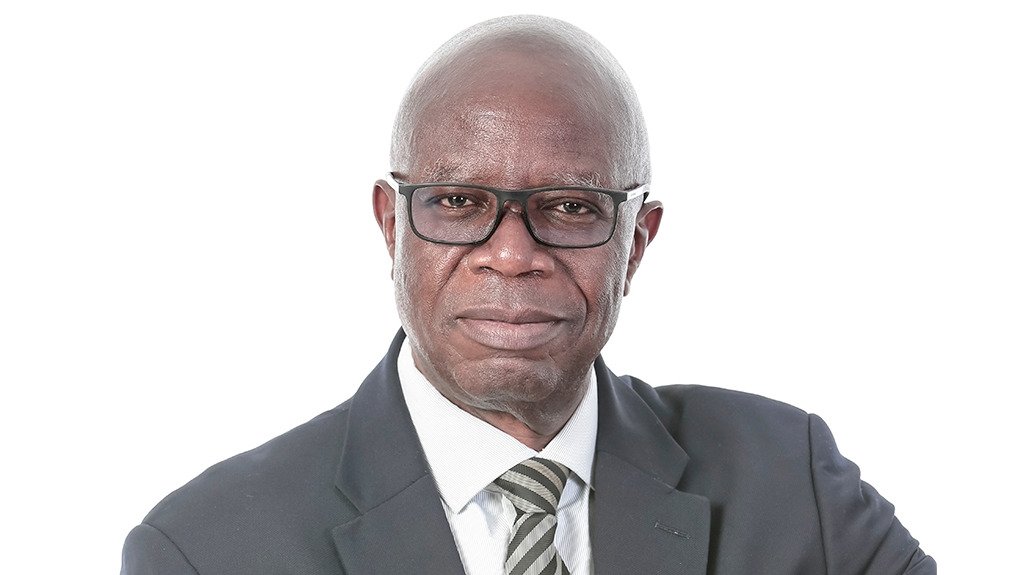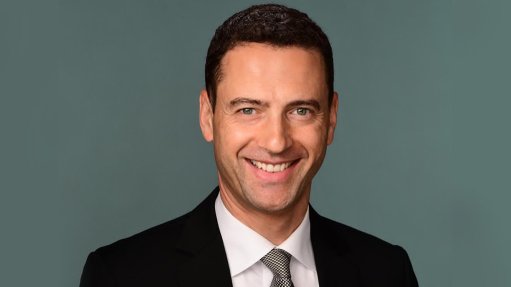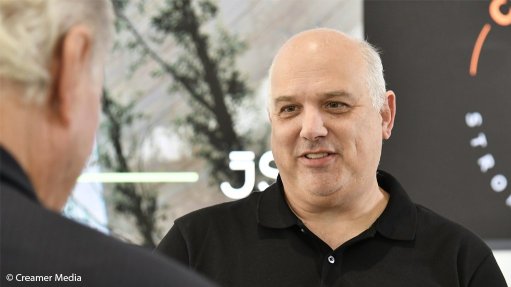Association upbeat about liberalising airspace


AARON MUNETSI We are involved at the highest level when it comes to ensuring that infrastructure, be it at the airports or the air traffic navigation services, is up to standard
The Single Africa Air Transport Market (SAATM) is one of the African Union’s (AU’s) flagship projects under its Agenda 2063 and it aims to ensure the full implementation of the Yamoussoukro Decision, whose main objective is the complete liberalisation of the African airspace for all African airlines.
Aviation industry representative body Airlines Association of Southern Africa (AASA) is involved in the SAATM project, providing a unified voice for members, contributing to strategic dialogues on regulatory frameworks and market liberalisation, and advocating for policies that promote connectivity and economic growth in Southern Africa, says AASA CEO Aaron Munetsi.
AASA’s role includes addressing issues such as increased competition and innovation and ensuring that regional aviation regulations are congruent with SAATM, thereby fostering a more efficient and integrated African air transport sector.
“The African Civil Aviation Commission (AFCAC) is the AU’s designated executing agency, and it is responsible for the implementation of SAATM. The AASA is an integral partner of AFCAC with which it works very closely and . . . the Southern African Development Community (SADC) member States that are signatories to the SAATM are encouraged to implement it fully.”
Some SADC member States are yet to sign up for the project and it is AASA’s duty to work closely with the AFCAC to encourage them to join, Munetsi adds.
AFCAC has made significant progress in ensuring that the instruments for the SAATM implementation – comprising competition regulations, consumer protection laws and dispute settlement mechanisms – are in place. These instruments enable AASA to make effective representations for its member airlines to resolve any matters that arise during operations across the SADC region and beyond.
AASA’s involvement with AFCAC on projects, such as the SAATM pilot implementation project, enable it to maintain contact with regulators in the countries in which its members operate.
Balanced Uniformity
Munetsi advocates for a balanced approach to air transport liberalisation, calling for SADC members to phase out protectionism, establish fair regulations, track progress with a regional scorecard and invest in capacity building.
Further, he highlights that AASA promotes policies that create “a level playing field”, reduce airline operating costs and ensure that national carriers can remain viable and competitive within the liberalised market.
“AASA is the representative of SADC airlines in all matters pertaining to policy and that includes the establishment of regulations that stipulate the required levels of service, both for airlines and service providers, for the benefit of passengers and other users of aviation, such as cargo shippers.
“AASA is involved at the highest level when it comes to ensuring that infrastructure, be it at the airports or the air traffic navigation services, is up to standard. Bearing in mind that our members pay for the use of these services or for the provision of this equipment, we are vigilant in our approach, and we make sure that we maintain close relationships with all the stakeholders,” he explains.
AASA works closely with aviation industry stakeholders to ensure that member airlines receive the best possible services and equipment to enable them to operate safely, because “safety is a non-negotiable and must be guaranteed at all times”.
The organisation remains committed to ensuring that aviation safety is guaranteed, and that the aviation industry continues to grow.
“It is well documented and demonstrated that aviation plays a critical role in the economic development of SADC countries. Our positive contribution as an industry acts as a catalyst for economic growth,” Munetsi concludes.
Article Enquiry
Email Article
Save Article
Feedback
To advertise email advertising@creamermedia.co.za or click here
Announcements
What's On
Subscribe to improve your user experience...
Option 1 (equivalent of R125 a month):
Receive a weekly copy of Creamer Media's Engineering News & Mining Weekly magazine
(print copy for those in South Africa and e-magazine for those outside of South Africa)
Receive daily email newsletters
Access to full search results
Access archive of magazine back copies
Access to Projects in Progress
Access to ONE Research Report of your choice in PDF format
Option 2 (equivalent of R375 a month):
All benefits from Option 1
PLUS
Access to Creamer Media's Research Channel Africa for ALL Research Reports, in PDF format, on various industrial and mining sectors
including Electricity; Water; Energy Transition; Hydrogen; Roads, Rail and Ports; Coal; Gold; Platinum; Battery Metals; etc.
Already a subscriber?
Forgotten your password?
Receive weekly copy of Creamer Media's Engineering News & Mining Weekly magazine (print copy for those in South Africa and e-magazine for those outside of South Africa)
➕
Recieve daily email newsletters
➕
Access to full search results
➕
Access archive of magazine back copies
➕
Access to Projects in Progress
➕
Access to ONE Research Report of your choice in PDF format
RESEARCH CHANNEL AFRICA
R4500 (equivalent of R375 a month)
SUBSCRIBEAll benefits from Option 1
➕
Access to Creamer Media's Research Channel Africa for ALL Research Reports on various industrial and mining sectors, in PDF format, including on:
Electricity
➕
Water
➕
Energy Transition
➕
Hydrogen
➕
Roads, Rail and Ports
➕
Coal
➕
Gold
➕
Platinum
➕
Battery Metals
➕
etc.
Receive all benefits from Option 1 or Option 2 delivered to numerous people at your company
➕
Multiple User names and Passwords for simultaneous log-ins
➕
Intranet integration access to all in your organisation



















